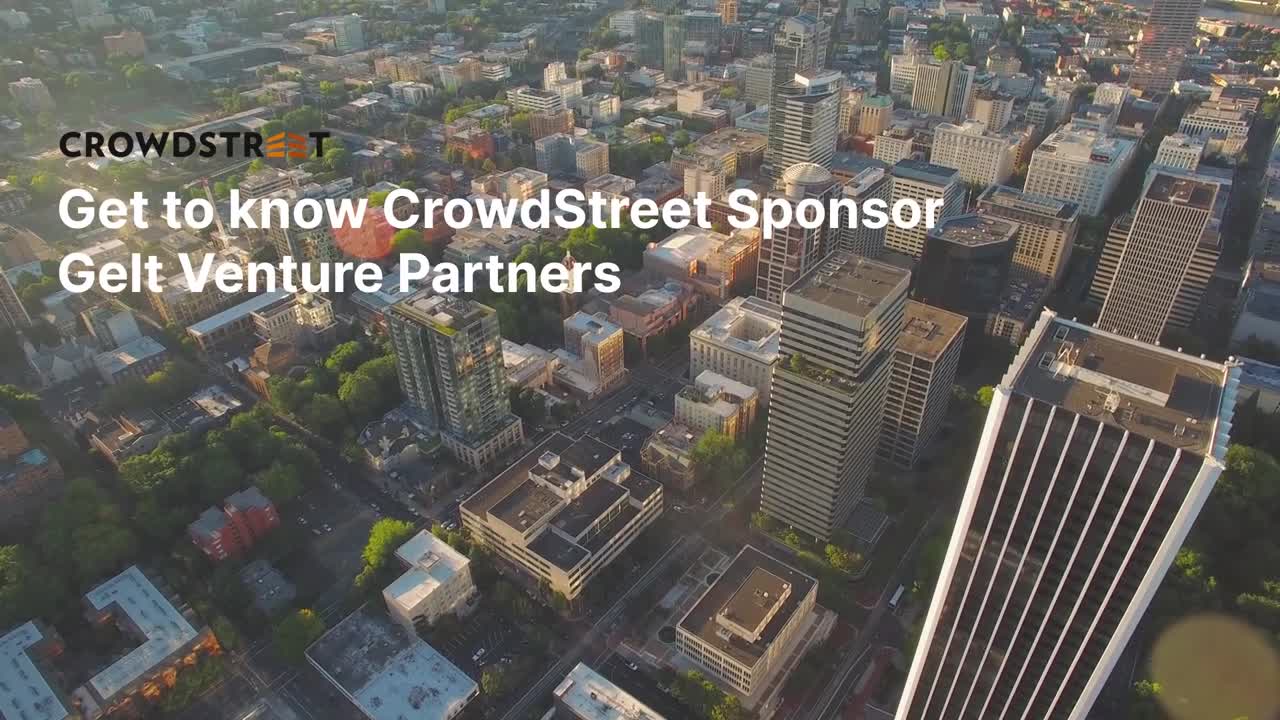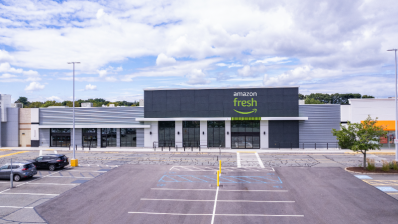
We sat down with Josh Satin, Managing Partner and Chief Investment Officer of Gelt Venture Partners, to learn more about the company and its investing approach. In this interview, Josh discusses Gelt's focus on multifamily assets and why they find the asset class interesting, highlighting, in particular, the supply and demand dynamics they're observing in the United States. He dives deeper into Gelt's approach and explains some of the key factors they look for during market selection and their approach to identifying assets they believe they can add value to within their selected markets.
Founded in 2008, Gelt Venture Partners is a Los Angeles-based investment firm specializing in acquiring, managing, and repositioning, what they consider, well-located multifamily and self-storage properties in growing Western metropolitan markets. They focus on adding value through management and property renovations. Operating in nine states, their current portfolio includes more than 9,800 units valued at over $1.4 billion as of May 2024. Gelt emphasizes financial performance while striving to provide residents with an enjoyable living experience. A repeat sponsor, Gelt has launched two offerings on the Crowd Street Marketplace as of July 2024.
My name is Josh satin. I'm a managing partner and chief investment officer for Venture Partners. Venture partners was established in 2008 at the height of the Great Financial Crisis. We buy deals in Denver, Colorado, Southern California, Portland, Salt Lake City and Phoenix.
\n\n
Multifamily investments are compelling because of the inherent supply demand dynamics of the United States. We believe that the United States is severely undersupplied. And even now, with a lot of new supply coming online, we think that there is not enough supply to satisfy all demand.
\n\n
The younger generation, the millennials, they're getting married later. They're buying homes later. And we believe that they will be renters for a lot longer than previous generations. Thus far, we've raised one deal in the Crowd Street Marketplace. It was called to apartments in Denver, Colorado. We did that a couple of years ago. and the property has maintained over 95% occupancy for most of the time. And the Crowd Street investors were great to work with so we look forward to many more deals together.
\n\n
There's a lot of similarities. but the business plan of each deal is very, very similar. Both deals were bought, renovated by the previous owner. So we thought we got a good deal on the property. We're able to buy it at a great basis in a market that we think is growing, and we believe that the San Diego market is poised for continued significant growth.
\n\n
You know, I started to build a relationship with a couple of the people at Crowd Street. and I really like the way that they operate. I think they're intelligent. I think they are smart about, you know, what deals they want to go after. It's a tough time to raise funds. You know, Crowd Street's done a great job of attracting, investors. And so I thought it was a good time to work together again.
\n\n
We're looking at markets to invest in. The biggest key factor is supply versus demand. So supply, which is the amount of new units that are being built, and demand is how many people are moving in and how many new renters there are in a location. And we have always been a fan of supply constrained markets.
\n\n
So, a lot of people don't like investing in California. We are bullish on certain areas of California, mostly San Diego and Orange County. But there's other markets that might have a lot of new supply so we're very bullish on Salt Lake City.
\n\n
I think over 7 to 10 years you're going to see some rent growth. so that's really what we look at. As I mentioned earlier, we're big on millennial in-migration. So not all population growth is the same. we want to be where young people want to go. That's what originally bought us, brought us to Denver.
\n\n
And so it's really supply demand. But the demand has to be the right demand. And that's young people, migrating. It's market first. and then within a market, it's, based on where we think, we can take this asset. After we identify a market, it's going into that market, finding an asset, that we think there's something there that we can do better than the last guy. so, that's really what it is. It's finding quality assets.
\n\n
You know, obviously we want them to be structurally sound. We want the units to be big enough. We want them to be nice enough, to where we think we can come in and add value. That's really what it is. It's finding something where we can add value that nobody else has done. It depends on which market we're in.
\n\n
As I mentioned, I think there's a lot of supply in many different markets, and markets that I believe in long term. And so, we're typically always longer term in nature from an investment standpoint. But in a market like San Diego, I don't feel like I need 7 to 10 years in order to make this, you know, investment work. but if I were to invest today in Salt Lake City, as I mentioned, or Phoenix, it would need to be very much longer term.
\n\n
So, it's market specific, but the strategy has to fit the time you're in. based on that market. The macro factors that play into what kind of assets we buy, is, during the last, like 3 or 4 years, I think, tenants have wanted more space. so we've bought a lot of larger townhome units. tenants have been working more from home. and so we want to give them an apartment that has space to where they can have an office.
\n\n
And so, we bought a lot of townhome deals, a lot of three bedrooms, even though, you know, not all of our tenants that move in need all three bedrooms. They use one for office space. So, you know, from the pandemic on, that's been a big emphasis on what we look to acquire. I thought the screening and production process was great. I worked with Darren and Zach, and they asked great questions. We really dove in deep on the deal. and, you know, I felt like, you know, we each played off each other and building knowledge about the asset and the location.
\n\n
And then the production process has been very smooth. A lot of, really great work, from the team. I think that everyone's been on the same page. Everyone's been working hard. and it's been a very seamless process and impressive process.
\n\n
How many people at Crowd Street have worked for them? And how everyone knows exactly what needs to be done to get something, to the finish line.
"
